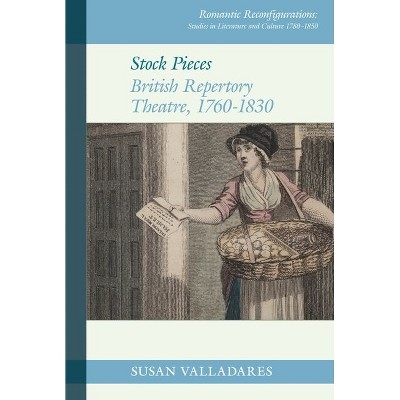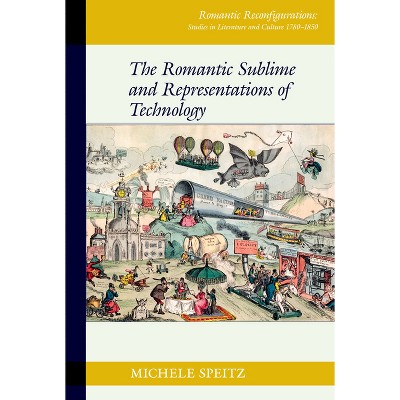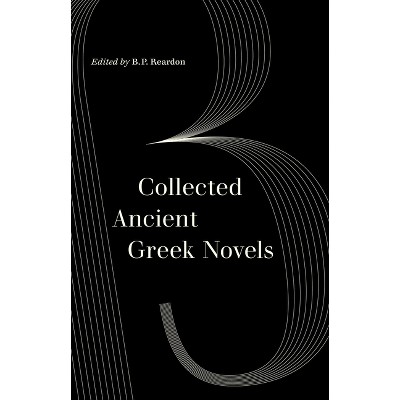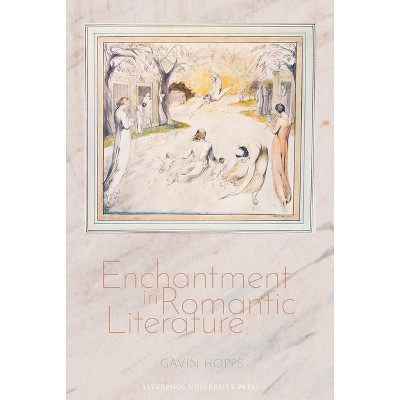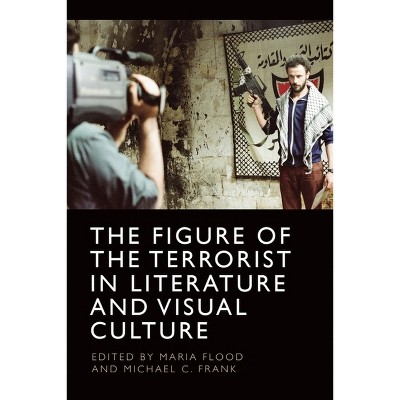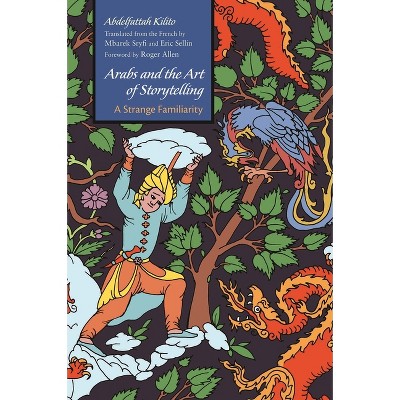Sponsored

Byron and Translation - (Romantic Reconfigurations: Studies in Literature and Culture 1780-1850) by Maria Schoina & Alexander Grammatikos
In Stock
Sponsored
About this item
Highlights
- This collection of essays offers an image of Byron not only as a poet - for which he is best known - but as a translator of foreign literature and culture.
- Author(s): Maria Schoina & Alexander Grammatikos
- 248 Pages
- Literary Criticism, Ancient & Classical
- Series Name: Romantic Reconfigurations: Studies in Literature and Culture 1780-1850
Description
Book Synopsis
This collection of essays offers an image of Byron not only as a poet - for which he is best known - but as a translator of foreign literature and culture. To recover this underexplored element of Byron's work, the contributors examine his translated pieces in both textual and extra-textual contexts, including analysis of manuscripts, composition history, publishing history, and other literary and historical factors. They explore the motives behind Byron's choice to translate in the first place, as well as reconstructing the translational methods he applied, and his ideas on translation and the role of the translator in general.
The book focuses too on Byron's 'geographical mobility', which also involved the act of translation, though in a metaphorical sense. The cosmopolitan poet mediated and interpreted all the time: foreign cultures, behaviours, modes of living, customs and habits. In this sense, translation becomes for the poet a dynamic 'movement' between languages, across texts and around various contexts, offering Byron a vital space for the articulation of his ideas. Byron's translation work reminds us how Romantic writers and readers sought to learn about and engage with the wider world and its various languages.
Review Quotes
'Nine scintillating chapters by an international team of scholars investigate the breadth of Byron's linguistic diversity. Covering Byron's writing in Armenian, Ancient Greek and Latin, French, Italian, Modern Greek and Turkish, the collection is also attentive to Byron's exceptional generic range. Full of new ideas and insights, Byron and Translation is a vital contribution to Byron studies in 2024.' Jane Stabler, Professor of English, University of St Andrews

